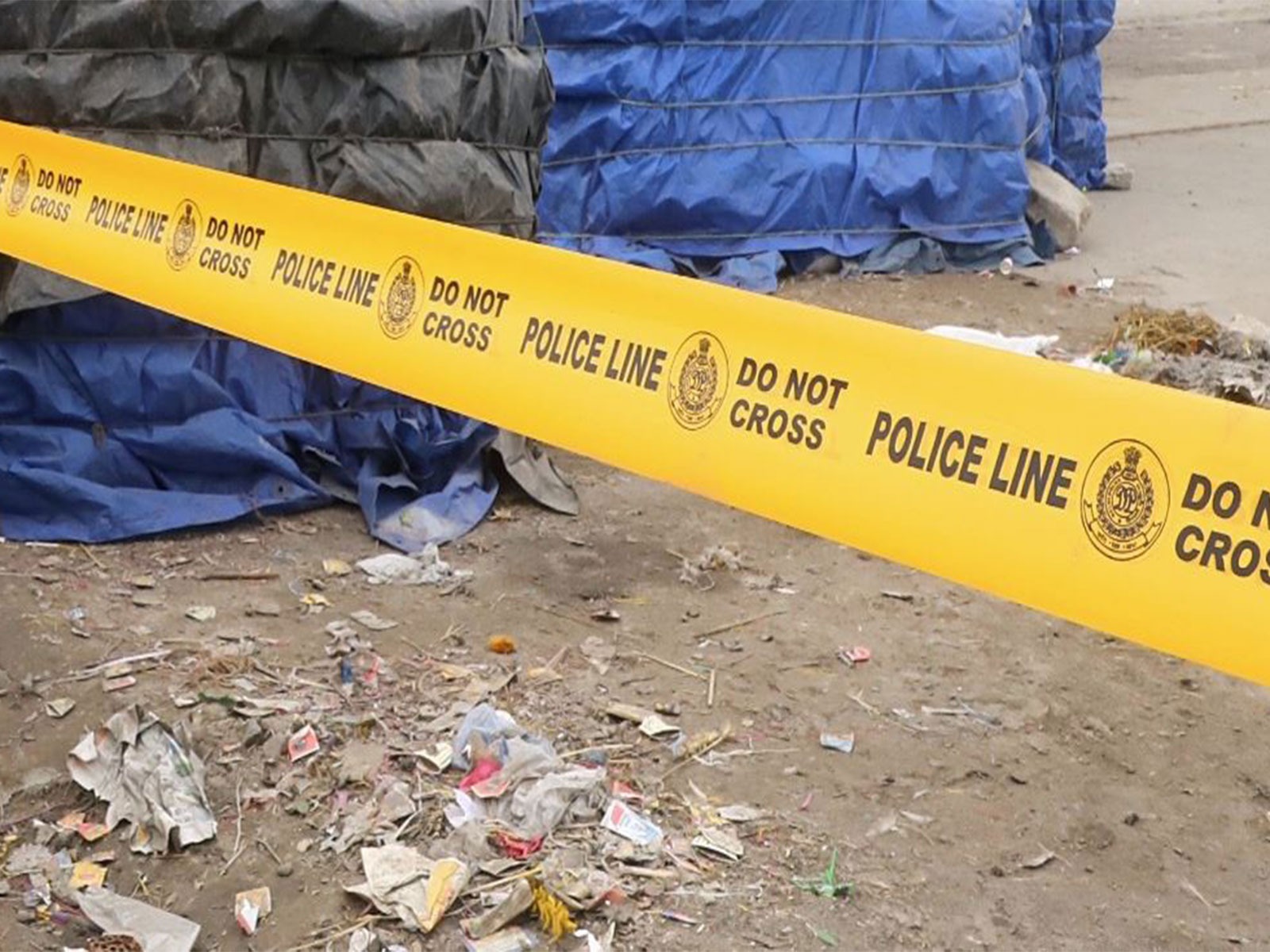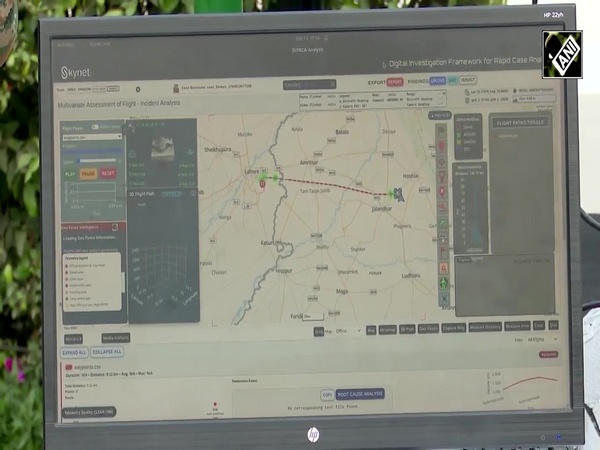US travel restrictions for Chinese visitors are 'discriminatory': Chinese state media
Dec 30, 2022

Hong Kong, December 30 : After the US imposed new restrictions that require travellers from China to show a negative COVID-19 test report before a flight, Chinese state media Global Times in an article on Thursday said that travel restrictions for Chinese visitors are 'discriminatory,' reported CNN.
China responded by claiming its Covid situation was "under control," and accused Western media of "distorting" its recent policy changes.
"The real intention is to sabotage China's three years of Covid-19 control efforts and attack the country's system," said Global Times, citing experts in calling the restrictions "unfounded" and "discriminatory."
Japan too announced on Tuesday that all travellers who have either been to mainland China or travelled there in last seven days will have to be tested for Covid-19 on arrival starting Friday and that the government would limit the number of flights to and from China, reported CNN.
The country's prime minister, Fumio Kishida, pointed to the lack of official Chinese government data.
"While there is information that the infection is spreading rapidly in mainland China, concern has been growing in Japan as it is difficult to grasp the detailed situation," Kishida said.
Indian authorities implemented similar guidelines for travellers coming not only from China but also from several nearby locations including Japan, South Korea and Thailand.
The guidelines aim to ensure that Covid-19 doesn't spread quickly as it has in China, authorities said Tuesday.
Taiwan also announced mandatory tests on arrival for travellers coming from mainland China on Wednesday. The self-ruling island has banned mainland Chinese tourists since the pandemic, and only allows Chinese citizens to visit for business or family reasons.
In all three places, those found positive on arrival will be required to quarantine for several days, reported CNN.
The US had announced that it will require a pre-departure negative test result for travellers from China, including Hong Kong and Macao -- as well as popular third-country gateways such as Seoul, Toronto and Vancouver.
China announced this week it will drop quarantine requirements for international arrivals and resume outbound travel for Chinese citizens, which had previously been banned.
This prompted a surge of eager travellers booking flights out of the country, hungry for a trip after several years of isolation -- but it also sparked concern among some overseas governments as Covid-19 cases in China increase rapidly.
Almost half of the 212 passengers who arrived at Italy's Milan airport from China on Monday tested positive for Covid-19, said a regional health chief on Wednesday, reported CNN.
Yanzhong Huang, senior fellow for global health at the Council on Foreign Relations, acknowledged the risk of a new variant emerging in "unvaccinated populations".
"Even though (in China) officially they have 90 percent of the population vaccinated with two doses of the inactivated vaccines, you still have a large percentage of the elderly who are not vaccinated ... and many of the people who are vaccinated did so more than six months ago, so their antibody levels already are very low," he said.
"So we can't rule out the possibility that new variants can indeed emerge in China and spread to other parts of the world," he added.
A federal US health official pointed to the speed of the outbreak in China, saying, "With so many people in China being infected in a short period of time, there is a chance and probability that a new variant will emerge."
US officials have also expressed concerns about China's lack of transparency surrounding the recent surge in cases, particularly the absence of genome sequencing information that could help in detecting new strains of the coronavirus, reported CNN.
There are a few reasons why countries may be imposing these restrictions despite their questionable use, said Karen Grepin, an associate professor at the School of Public Health at the University of Hong Kong -- one being the fear that Chinese Covid patients could be fleeing elsewhere to seek treatment with hospitals at home completely overwhelmed.




















